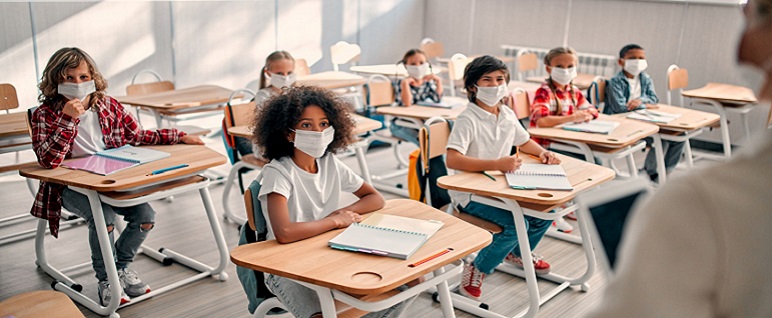
Staying interconnected with global challenges that we are facing like loss of biodiversity, environmental degradation and climate change is a crucial step that we can take for planet Earth. What better way than to start educating at the grassroot level- imbibe in our children’s school life.
What is sustainable development?
The simplest way of explaining the idea to our younger ones is ‘something that can be done or used over and over again’. For social progress, economic development and environment protection, engaging in sustainable development is the need of the hour. To increase the awareness about global issues such as rising temperatures, melting of glaciers, coastal flooding, rampant forest fires etc. We need to act now and act together!
Here are some ways in which kids can get involved:
Green your lessons
By introducing and practising the concepts of reusing, recycling and reducing from an early age can benefit us all. At school, art and craft is popular for generating unnecessary wastage. Materials that would otherwise go into bins can instead go into creativity projects.
It is important to maintain the circularity of products for as long as practically possible. Simply switching to reusable products rather than disposables. In this way we can avoid single use items. Kids are attracted to fancy things- pencil cases, tiffin boxes or backpacks that have their favourite superheroes on it. And with a new edition in the market, the old one is often dumped in the storerooms. Opting for longer lasting bamboo or metal made lunch boxes and bottles or maintaining the same school bag for more than a year can be a healthy choice.
Teaching children to segregate waste at school and at home into biodegradable, non-biodegradable and recyclable will not only add to conserving nature but will improve their management skills.
Changing lifestyles
Yes, this can be a difficult change yet not impossible to inculcate. As every new academic year approaches, we invest into schoolbooks for our children. However, by adopting the culture of sharing or purchasing second-hand books will not only mend the burning hole in your pockets but will reduce printing of new books and manufacture of paper in return.
Although some might look down upon buying used goods, it isn’t that bad a custom when the good is in a fairly good condition. Donating old clothes to the needy or reselling items from your closet can save you some space while bringing a smile on somebody else’s face.
This pandemic has thought just to rely on our local products- let’s go ‘vocal for local’ and help smaller businesses reach new heights.
Energy savings
Electricity, oil and gases are being extensively used. Thus, depleting our fossil fuel reserves. We can reduce our consumption of non-renewables and reduce pollution by choosing to walk to school or riding on public transport. Whenever feasible, carpooling can be a wise decision for school picks and drop offs.
How often do we leave the lights on in an empty? Almost always, isn’t it? Let’s make it a habit for our children to turn the lights off or close the water tap when not in use. Wearing jumpers and socks can be an alternative to switching the heaters on during winters. Reducing the usage o f gadgets doesn’t only have health but even environmental advantages.